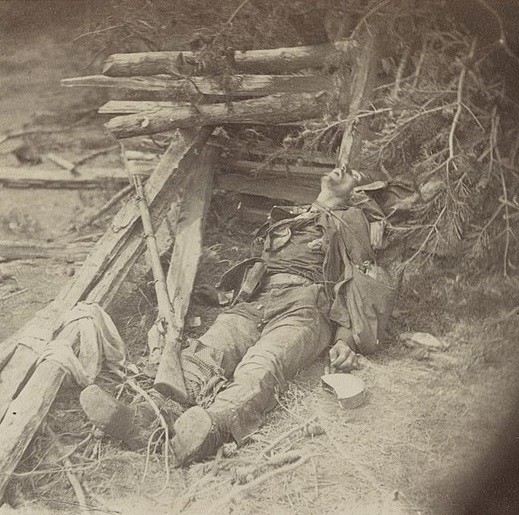
by Richard Subber | Nov 21, 2022 | American history, Book reviews, Books, History, Politics
Essential, readable, provocative…
Book review:
Major Problems in the Civil War and Reconstruction
1st and 2nd editions
Michael Perman, ed.
1st Edition: Lexington, MA: D. C. Heath and Company, 1991, 598 pp.
2nd Edition: Boston, MA: Houghton Mifflin Company, 1998, 460 pp.
Major Problems in the Civil War and Reconstruction is a tantalizing collection of contemporary documents and complementary essays by modern writers.
Perman has assembled “essential, readable, and provocative” commentaries on the catastrophes of the Civil War and Reconstruction in the middle of the 19th century.
Maybe you know a lot about that time and those events. You’ll learn more from this commendably interesting and surprisingly insightful book.
Take the time to read both editions of Major Problems—both editions are equally valuable, with almost wholly different selections.
* * * * * *
Book review. Copyright © Richard Carl Subber 2022 All rights reserved.
Book review: Shawshank Redemption
It’s a world I do not want to know…
by Stephen King
–
My first name was rain: A dreamery of poems with 53 free verse and haiku poems,
and the rest of my poetry books are for sale on Amazon (paperback and Kindle)
and free in Kindle Unlimited, search Amazon for “Richard Carl Subber”
* * * * * *
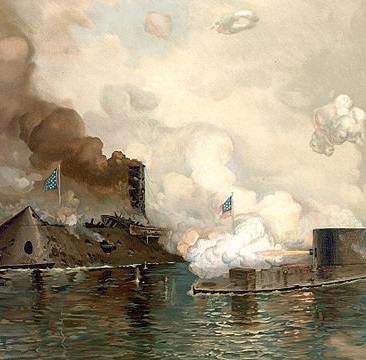
by Richard Subber | Oct 31, 2022 | American history, Book reviews, Books, History
the navies were second priority…
Book review:
Under Two Flags:
The American Navy in the Civil War
by William M. Fowler Jr.
New York: W. W. Norton & Company, 1990
352 pp.
I imagine most Civil War buffs will learn something by reading Under Two Flags.
Most standard histories don’t emphasize the naval elements of the Civil War fighting. Both Northern and Southern leaders thought the navies were important, and so they were.
Stephen Mallory, naval secretary of the Confederate States, had a job no one would have wanted in 1860. He came up short in most respects, because the Confederacy just couldn’t afford to build and maintain a potent navy.
Gideon Welles, his Northern counterpart, had only a somewhat easier job.
The naval commanders never managed to convince their respective commanders-in-chief that the navies were as vital as the armies in the Civil War conflict.
The sailors on both sides were brave men, but Fowler gives them second billing.
* * * * * *
Book review. Copyright © Richard Carl Subber 2022 All rights reserved.
Common Sense by Thomas Paine (comments)
it wasn’t strictly business, but…
–
Above all: Poems of dawn and more with 73 free verse poems,
and the rest of my poetry books are for sale on Amazon (paperback and Kindle)
and free in Kindle Unlimited, search Amazon for “Richard Carl Subber”
* * * * * *
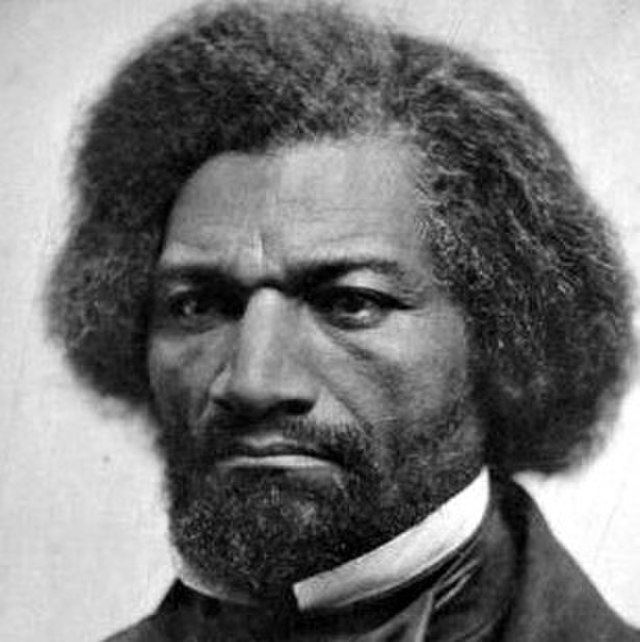
by Richard Subber | Oct 26, 2022 | American history, Book reviews, Books, History, Human Nature
he taught himself to read and write
Book review:
Narrative of the Life of Frederick Douglass:
An American Slave
by Frederick Douglass
Benjamin Quarles, ed.
Cambridge, MA: The Belknap Press of Harvard University Press, written 1845, copyright 1960
163 pp.
Narrative is a devastatingly calm account of the life of Frederick Douglass as a slave and then a free man.
It’s very hard to read, let alone imagine the reality of the whippings that Douglass describes. It’s horrifying to recognize that some human beings brutalized other human beings with a whip.
Douglass taught himself to read and write.
He informs us about history that we don’t want to know, but must accept as true.
* * * * * *
Book review. Copyright © Richard Carl Subber 2022 All rights reserved.
Poets talk about poetry
…a red hot bucket of love…
–
Above all: Poems of dawn and more with 73 free verse poems,
and the rest of my poetry books are for sale on Amazon (paperback and Kindle)
and free in Kindle Unlimited, search Amazon for “Richard Carl Subber”
* * * * * *
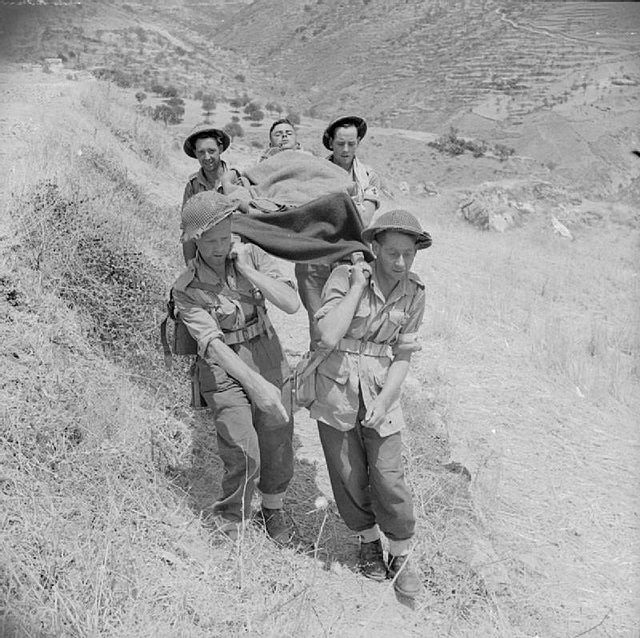
by Richard Subber | Oct 23, 2022 | Book reviews, Books, History, World history
those tricksters…
Book review:
The Man Who Never Was
by Ewen Montagu
Philadelphia, PA: J. B. Lippincott Company, 1954
This is the original first-hand account of “Operation Mincemeat,” the classic World War II intelligence caper that duped Hitler and his military commanders into believing that the Allies would not attack Sicily in July 1943. You know how it all turned out: the Allies captured Sicily after extended combat with about 23,000 Allied casualties and about 165,000 German and Italian casualties.
Montagu led a small group of ingenious British planners who managed to put false documents on a corpse (“the man who never was”) that drifted ashore in southern Spain and gave the Germans every good reason to think that the phony invasion plans were real.
The true identity of the fictitious “Major William Martin” is not revealed in this book, and later there was some dispute about it. Montagu himself wrote that the real man who served his country in death was Glyndwr Michael, a homeless man from Wales.
The Man Who Never Was is a simply written account that reports the meticulous planning and the insightful intelligence assessments of how the Germans would react to the false documents planted on the corpse.
Montagu frankly expresses, seemingly in typical British unemotional remarks, how wildly happy he and his crew were that Operation Mincemeat was a spectacular success. Lots of Allied veterans who fought on Sicily, and their families, can be thankful for that.
* * * * * *
Book Review. Copyright © Richard Carl Subber 2022 All rights reserved.
“Many waters cannot quench love.”
Love will rise to meet you…
(what you hear is poetry)
Book review: St. Ives
by Robert Louis Stevenson
–
Writing Rainbows: Poems for Grown-Ups with 59 free verse and haiku poems,
and the rest of my poetry books are for sale on Amazon (paperback and Kindle)
and free in Kindle Unlimited, search Amazon for “Richard Carl Subber”
* * * * * *

by Richard Subber | Oct 5, 2022 | American history, Book reviews, Books, History, Politics
a casual look at Civil War history
Book review:
A History of the People of the United States
During Lincoln’s Administration
by John Bach McMaster
New York: D. Appleton and Company, 1927
693 pp.
This is an intriguing historical excursion into American history from the vantage point of 1927.
McMaster’s style is notably less than academic—his very casual quotation style is a distraction.
Basically, he offers a sometimes superficial political perspective on the origins, conduct, and denouement of the American Civil War.
A well-informed reader can skim A History without undue loss.
* * * * * *
Book review. Copyright © Richard Carl Subber 2022 All rights reserved.
Old Friends (book review)
Tracy Kidder tells truth about old age…
–
As with another eye: Poems of exactitude with 55 free verse and haiku poems,
and the rest of my poetry books are for sale on Amazon (paperback and Kindle)
and free in Kindle Unlimited, search Amazon for “Richard Carl Subber”
* * * * * *
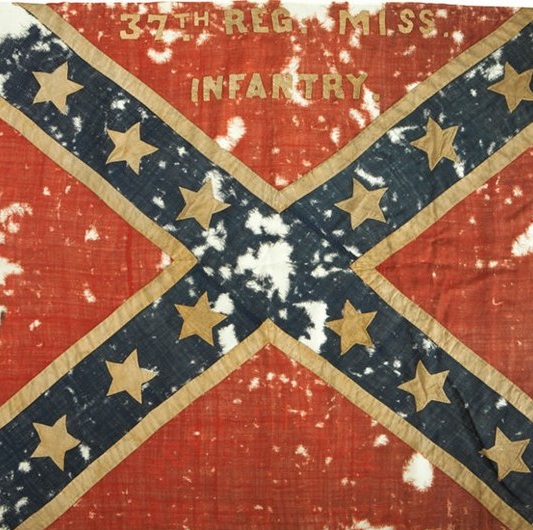
by Richard Subber | Sep 28, 2022 | American history, Book reviews, Books, Democracy, History
…they just walked away…
Book review:
Ends of War:
The Unfinished Fight of Lee’s Army
after Appomattox
by Caroline E. Janney
Chapel Hill, NC: The University of North Carolina Press, 2021
331 pp.
I thought I know a lot about the American Civil War. Janney’s book, Ends of War, is a good reminder that there’s lots more to learn.
Lee surrendered his army to Grant on April 9, 1865. Of course it’s pretty well known that other Confederate Army units were still fighting for several months after that event.
Janney confirms this stark point: for tens of thousands of Confederate soldiers, the war didn’t end then. They just stopped actively fighting the Union forces.
Close to half of Lee’s men never actually surrendered at Appomattox, and this unappreciated reality was part of the foundation of the dangerous Southern mythology of the “Lost Cause.”
Lee had a bit less than 50,000 men under his command when he signed the surrender document in Wilmer McLean’s house. Less than 30,000 of Lee’s men were officially but very haphazardly “paroled” in the days following the surrender.
At least 20,000 men in dirty gray uniforms walked or rode away from Appomattox without officially surrendering, most of them hoping to head for home. Many of them remained devoted to “the cause.”
It seems that Grant and Lincoln and the Union forces desperately wanted to end the fighting, but there was no real Northern plan to deal with the peace that was the presumptive goal, and to end the Southern insurrection, and to realistically bring the people of the rebel states back into the Union.
For my taste, the book is too long. I’m sure Janney could have established her argument, made her case, and proved her point in fewer pages.
* * * * * *
Book review. Copyright © Richard Carl Subber 2022 All rights reserved.
Book review: The Cradle Place
by Thomas Lux
just poems wrapped in a wet rag…
–
My first name was rain: A dreamery of poems with 53 free verse and haiku poems,
and the rest of my poetry books are for sale on Amazon (paperback and Kindle)
and free in Kindle Unlimited, search Amazon for “Richard Carl Subber”
* * * * * *





